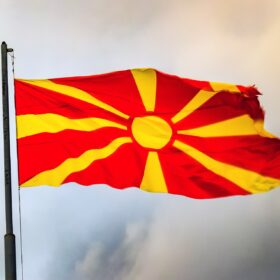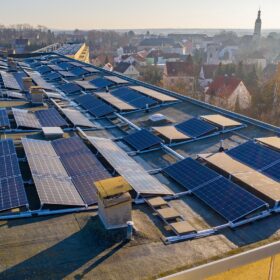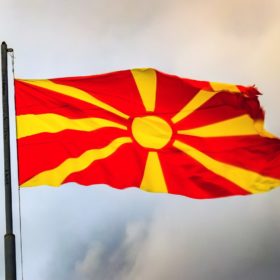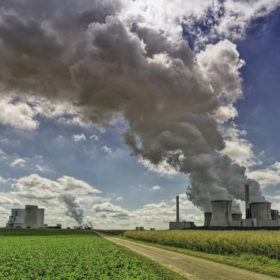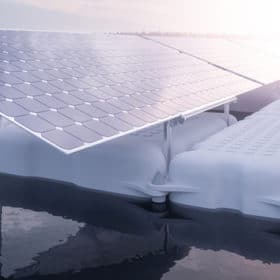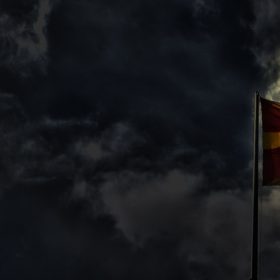North Macedonia kicks off 30 MW solar tender
Elektrani na Severna Makedonija (ESM), a state-owned electricity company in North Macedonia, has launched a 30 MW solar tender for the design, procurement, construction, commissioning, and handover of two solar plants. The deadline for applications is Jan. 17, 2025.
Collectively owned PV systems improve energy community performance
Researchers have looked into the impact of potential regulated charge exemptions on two types of energy communities in 39 European countries. They have found that communities with collectively owned PV systems achieve greater savings.
North Macedonia improves regulatory framework for rooftop PV
The Macedonian government increased the size limit for PV installations under net metering, launched a €1 million rebate scheme, and is now planning to eliminate all grid fees for prosumers.
North Macedonia streamlines two PV projects totaling 155 MW
The two projects are both located in eastern North Macedonia and are expected to require an overall investment of €116 million.
China holds the key to cancelling half the world’s new coal project plans
With pressure mounting on the world’s governments to turn their back on the fossil fuel, China and peers in South East Asia, Europe and South Asia could help deliver a coal-free future at the COP26 climate summit planned in Glasgow in November.
North Macedonian government launches solar auction
The North Macedonian government wants to award a 15-year PPA through the procurement exercise. Selected developers will be granted a feed-in premium tariff paid on top of the electricity price.
Big solar for Western Balkans disused coal mine
Land scarcity and renewables prices have been long considered significant hurdles for renewable developments in the hilly Balkans. Still, the European Bank for Reconstruction and Development (EBRD) sees solid opportunities in floating PV on public dams, PV modules on rooftops, and renewables projects in landfills and disused coal mines.
Bulgarian developer to build 50 MW merchant PV plant in North Macedonia
Solarpro Holding has won a tender launched in late 2019 by North Macedonian utility Elektrani na Severna Makedonija. It will build a 50 MW solar plant and will sell power on the spot market or via private PPAs.
North Macedonia announces 60 MW solar tender
The procurement exercise has been planned for the first quarter of the year.
North Macedonia launches 100 MW solar tender
Utility ESM is seeking potential partners for the construction of two 50 MW solar facilities at its shuttered coal power plant near Kičevo.
